Possible Candidates For The Next Pope: A Comprehensive Analysis
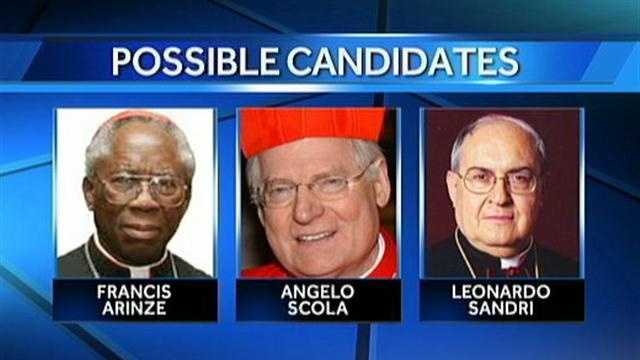
Table of Contents
Key Cardinals to Watch
Several Cardinals consistently emerge as prominent figures in discussions surrounding the next Pope. Their experience, theological viewpoints, and global standing make them compelling contenders.
Cardinal Pietro Parolin
Currently the Vatican Secretary of State, Cardinal Parolin's experience in diplomacy and international relations makes him a strong contender for the next Pope.
- Extensive experience in Vatican diplomacy: His deep understanding of international affairs and his established network of contacts across the globe are invaluable assets. He has navigated complex geopolitical situations, demonstrating diplomatic skill and a nuanced understanding of global challenges facing the Church.
- Known for his moderate and pragmatic approach: Cardinal Parolin is often described as a moderate, adopting a pragmatic approach to complex issues. This approach could be seen as both a strength and a potential weakness, depending on the priorities of the College of Cardinals.
- Strong global network and relationships: His extensive network of contacts within the Vatican and across the world allows for effective communication and collaboration. This global perspective is vital for a leader of the global Catholic Church.
Cardinal Luis Antonio Tagle
A popular figure known for his pastoral work in the Philippines, Cardinal Tagle represents a potential shift towards a more progressive approach within the Catholic Church.
- Charismatic and deeply connected with the laity: Cardinal Tagle's engaging personality and his emphasis on pastoral care have resonated deeply with the faithful. His ability to connect with people from all walks of life is a significant asset.
- Advocates for social justice and the poor: His passionate advocacy for social justice and his commitment to serving the poor align with the Church's social teachings. This focus resonates strongly with many Catholics worldwide.
- Experience in leading a large and diverse diocese: Leading the Archdiocese of Manila, one of the largest and most diverse dioceses in the world, has provided him with extensive experience in managing a complex and multifaceted organization.
Cardinal Marc Ouellet
A highly respected theologian and former prefect of the Congregation for Bishops, Cardinal Ouellet brings significant experience in evaluating potential bishops and church governance.
- Deep theological understanding and expertise: His profound knowledge of theology and his contributions to theological discourse make him a respected figure within the Church.
- Strong conservative theological leanings: His theological positions are generally considered to be on the conservative side of the spectrum. This is a crucial factor for the cardinals who will be electing the next Pope.
- Extensive experience in church governance: His experience as prefect of the Congregation for Bishops provides him with invaluable insights into the workings of the Church's hierarchical structure.
Factors Influencing the Papal Election
The election of the next Pope is influenced by a complex interplay of factors, extending beyond the individual qualities of the candidates.
Geographical Considerations
The College of Cardinals represents a global church. The next Pope's geographic origin could reflect a desire for broader representation and balance within the Church's global presence.
- Balance of power between different regions: The election could reflect a desire to balance the power dynamics between different regions of the world within the Catholic Church.
- Need for representation from developing nations: A growing number of Catholics reside in developing nations, making representation from these regions a significant consideration.
- Impact of the global distribution of Catholics: The geographic distribution of Catholics significantly influences the considerations of the cardinals during the conclave.
Theological Perspectives
The next Pope's theological views will significantly impact the direction of the Church. The spectrum of viewpoints ranges from conservative to progressive.
- Views on social justice issues (e.g., LGBTQ+ rights, climate change): The next Pope's stance on pressing social justice issues will be closely scrutinized.
- Stances on liturgical reforms and traditional practices: The balance between tradition and reform is a critical issue that will shape the future direction of the Church.
- Positions on ecumenism and interfaith dialogue: The approach to ecumenism and interfaith relations will significantly impact the Church's relations with other Christian denominations and faiths.
Age and Health
The age and health of the candidates are important factors, considering the physically and mentally demanding nature of the papacy.
- Age range of potential candidates: The age of potential candidates is a key factor influencing their suitability for the demanding role.
- Importance of vitality and longevity in the role: The Pope needs sufficient energy and health to fulfill the extensive demands of the papacy.
- Factors affecting the health and fitness of candidates: The health and fitness of the candidates are carefully considered during the selection process.
Potential Dark Horses and Surprises
While the Cardinals mentioned above are frequently discussed, the Conclave could produce unexpected results. Less-discussed cardinals could unexpectedly emerge as strong contenders.
- Identifying lesser-known but influential cardinals: Several cardinals, while not consistently in the spotlight, possess significant influence within the College of Cardinals.
- Analyzing their strengths and potential impact: A closer examination of their backgrounds and accomplishments reveals potential for significant influence.
- Assessing their chances of winning the conclave: While less likely, these "dark horses" could unexpectedly gain momentum during the election process.
Conclusion
Predicting the next Pope is inherently challenging. However, analyzing the potential candidates' backgrounds, theological positions, and global influence provides valuable insight into the possibilities. The next Pope will face numerous critical challenges, requiring a leader with vision, diplomacy, and pastoral sensitivity. This comprehensive analysis of the possible candidates for the next Pope offers a framework for understanding the complexities of this significant event. Continue to follow our updates for the latest developments regarding the election of the next Pope and further analysis of the candidates. Stay informed about the selection of the next Pope and the implications for the future of the Catholic Church.

Featured Posts
-
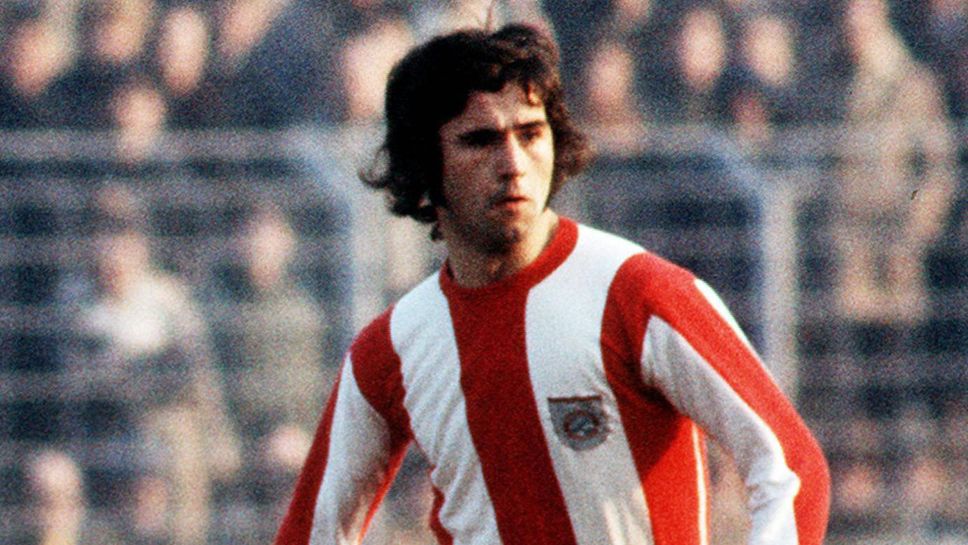 Bayern Legends Farewell Thomas Muellers Emotional Allianz Arena Send Off
May 12, 2025
Bayern Legends Farewell Thomas Muellers Emotional Allianz Arena Send Off
May 12, 2025 -
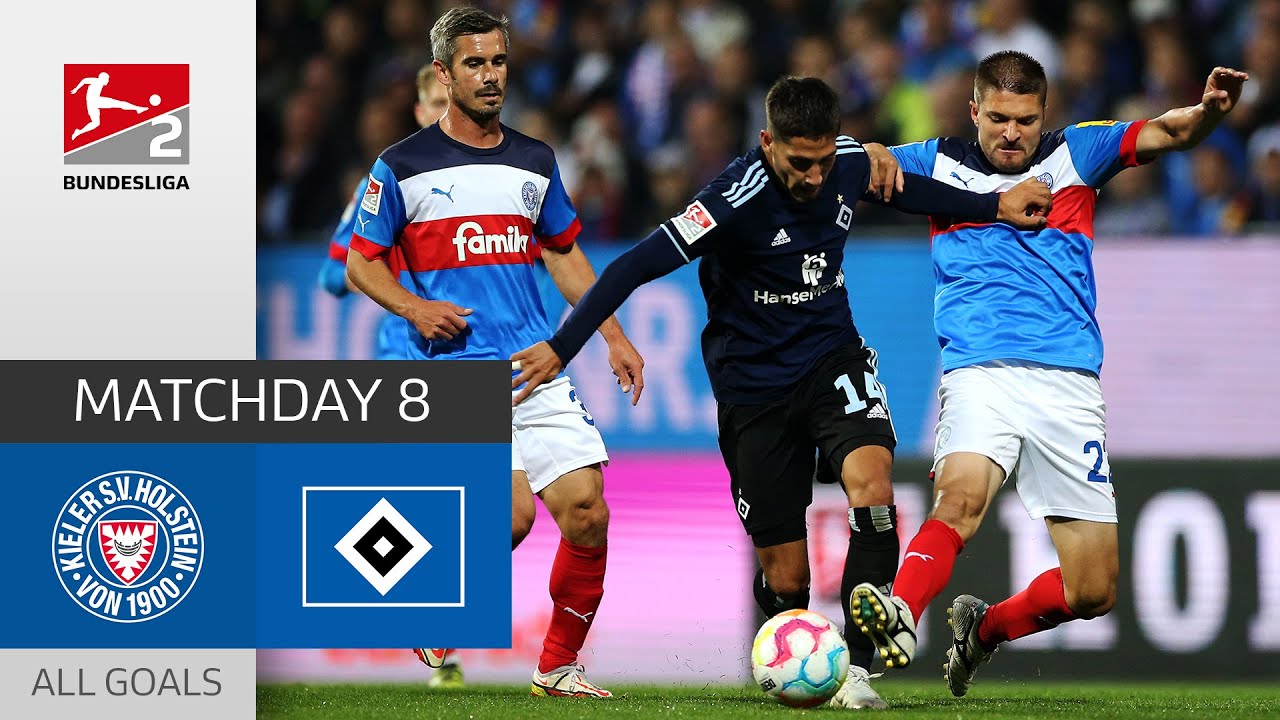 Holstein Kiel Relegated After Single Season In Bundesliga
May 12, 2025
Holstein Kiel Relegated After Single Season In Bundesliga
May 12, 2025 -
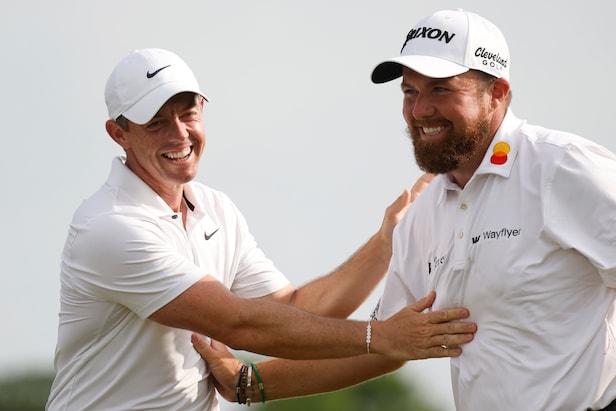 Shane Lowry And Rory Mc Ilroy A Golfing Friendship Highlighted By Lowrys Post Masters Message
May 12, 2025
Shane Lowry And Rory Mc Ilroy A Golfing Friendship Highlighted By Lowrys Post Masters Message
May 12, 2025 -
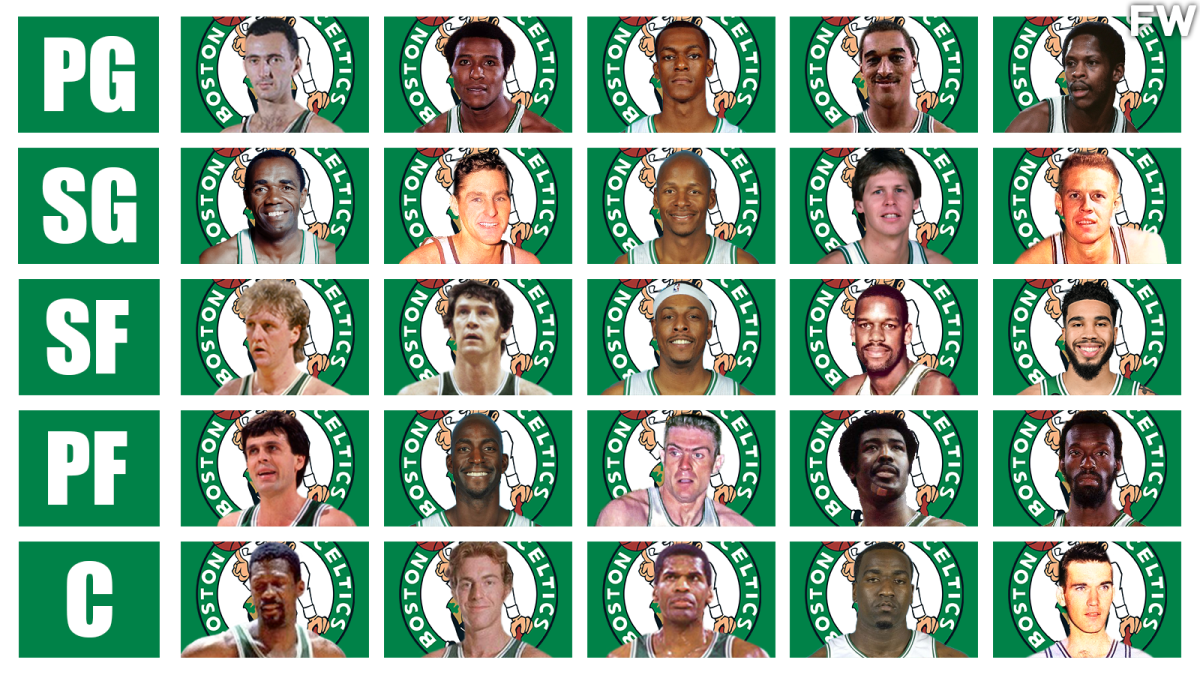 Double 40 Point Performances A Rare Feat For Boston Celtics Players
May 12, 2025
Double 40 Point Performances A Rare Feat For Boston Celtics Players
May 12, 2025 -
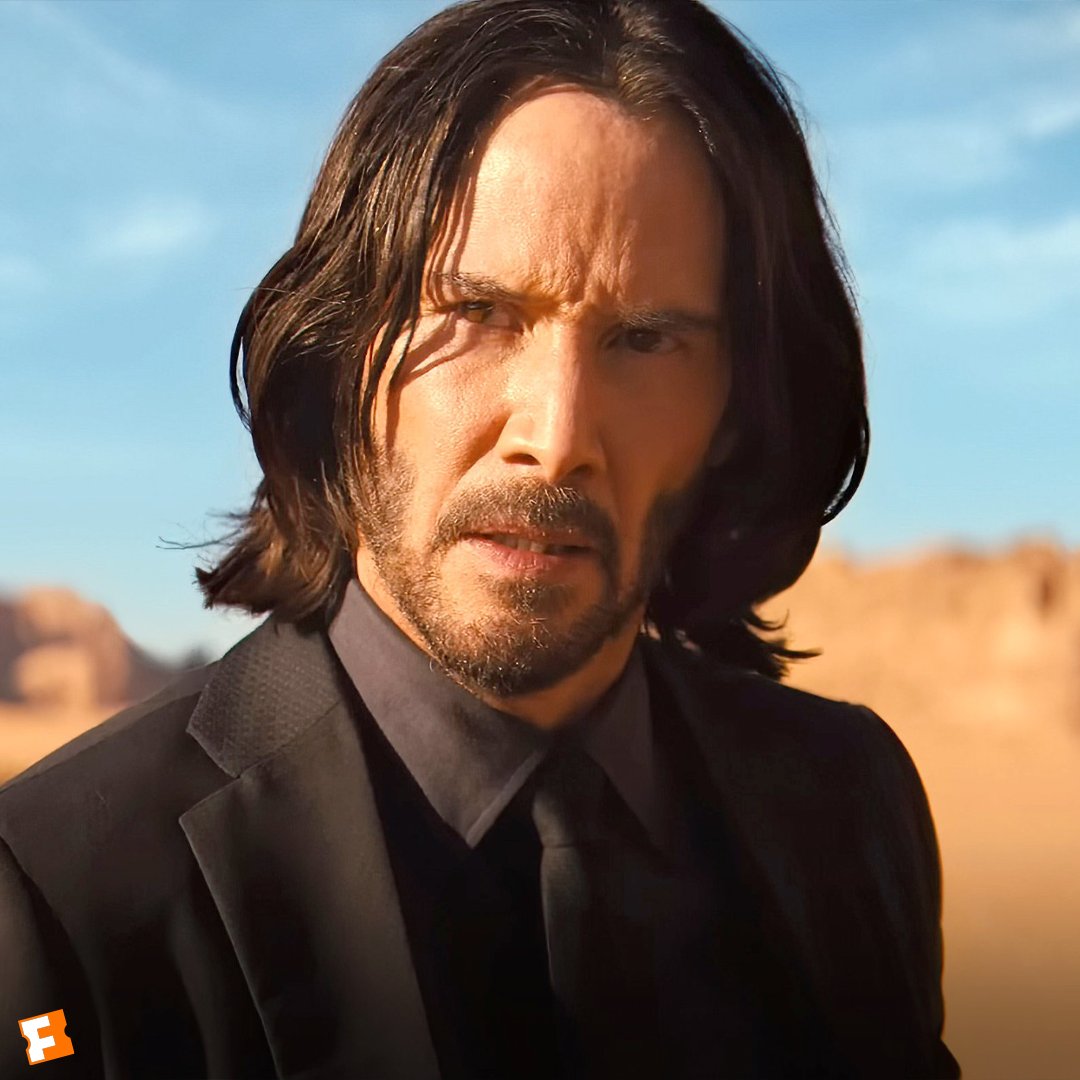 Will There Be A John Wick 5 Keanu Reeves Fate Revealed
May 12, 2025
Will There Be A John Wick 5 Keanu Reeves Fate Revealed
May 12, 2025
